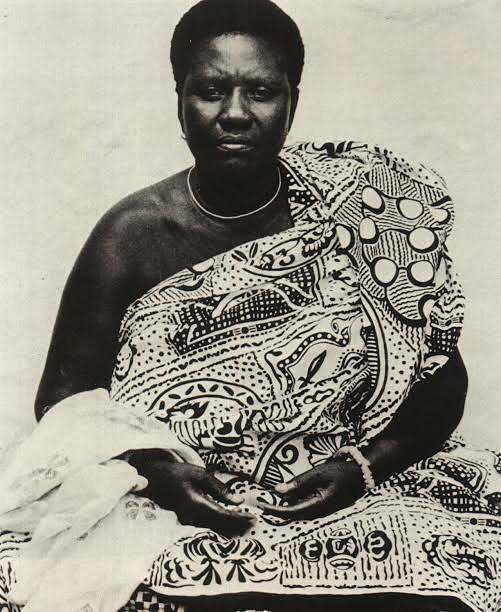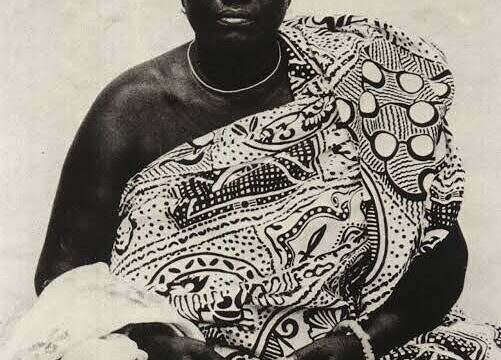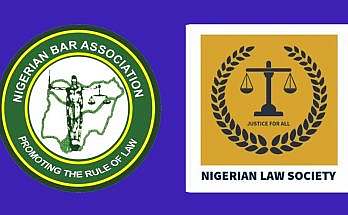Nwanyeruwa Ojim, was an Igbo woman from Oloko, in present day Abia state. She gained prominence for her role in the Aba Women’s Rebellion.
The rebellion was sparked by a dispute between Nwanyeruwa and a man, Mark Emereuwa, who was helping to make a census of the people living in the town controlled by the Warrant, Okugo.
On the morning of November 18 1929, Emereuwa arrived at Nwanyereuwa’s house and approached her, since her husband Ojim had already died. He told the widow to “count her goats, sheep and people.” Since Nwanyeruwa understood this to mean, “How many of these things do you have so we can tax you based on them”, she was angry. She replied by saying “Was your widowed mother counted?,” meaning “that women don’t pay tax in traditional Igbo society.”
The two exchanged angry words, and Emeruwa grabbed Nwanyeruwa by the throat. Nwanyeruwa went to the town square to discuss the incident with other women who happened to be holding a meeting to discuss the issue of taxing women. Believing they would be taxed, based on Nwanyeruwa’s account, the Oloko women invited other women (by sending leaves of palm-oil trees) from other areas in the Bende District, as well as from Umuahia and Ngwa. They gathered nearly 10,000 women who protested at the office of Warrant Chief Okugo, demanding his resignation and calling for a trial.
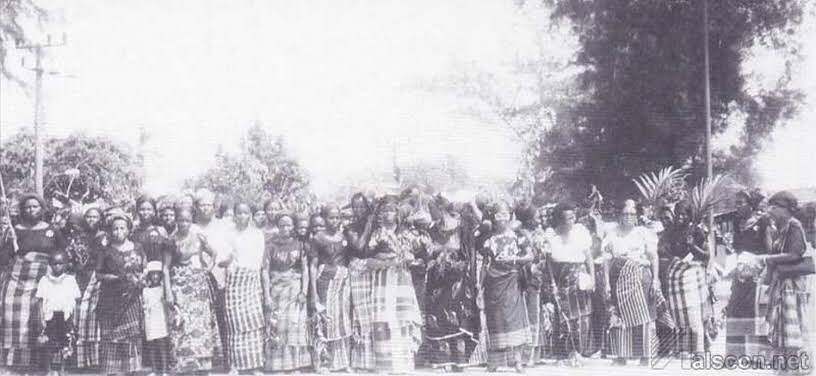 Nwanyeruwa’s led revolt, did result in woman being involved in the colonial Nigerian political system. Nwanyeruwa’s actions have been appraised by several historians, who cite her actions as an important milestone in the history of African nationalism.
Nwanyeruwa’s led revolt, did result in woman being involved in the colonial Nigerian political system. Nwanyeruwa’s actions have been appraised by several historians, who cite her actions as an important milestone in the history of African nationalism.
On December 17, 1929, about a month into the spreading Women’s riot, thirty-two women were shot at and killed by British colonial troops and thirty-one wounded. The total casualty is 51, 50 women and 1 man were killed.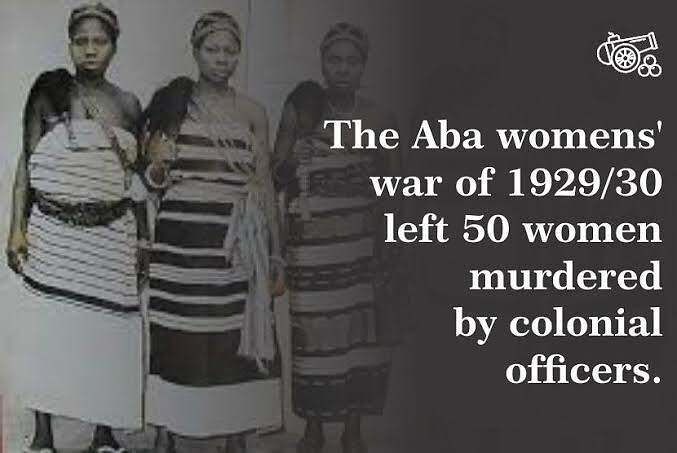
As a result of the protests, the position of women in society was greatly improved. In some areas, women were able to replace the Warrant Chiefs. Women were also appointed to serve on the Native Courts. After the Women’s war, women’s movements were very strong in Ngwaland, many events in the 1930s, 40s and 50s were inspired by the Women’s riot, including the Tax Protests of 1938, the Oil Mill Protests of the 1940s in Owerri and Calabar Provinces and the Tax Revolt in Aba and Onitsha in 1956.
